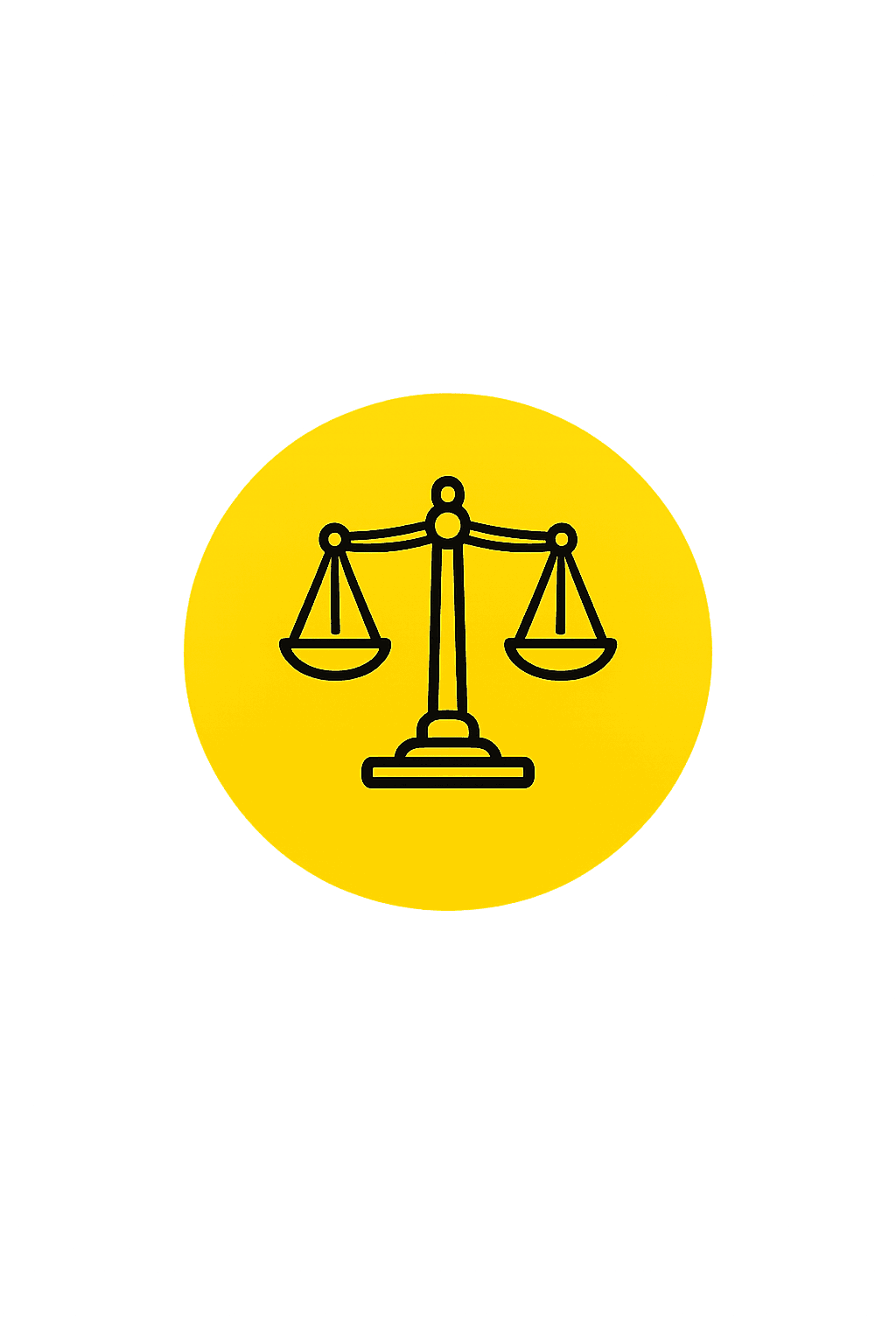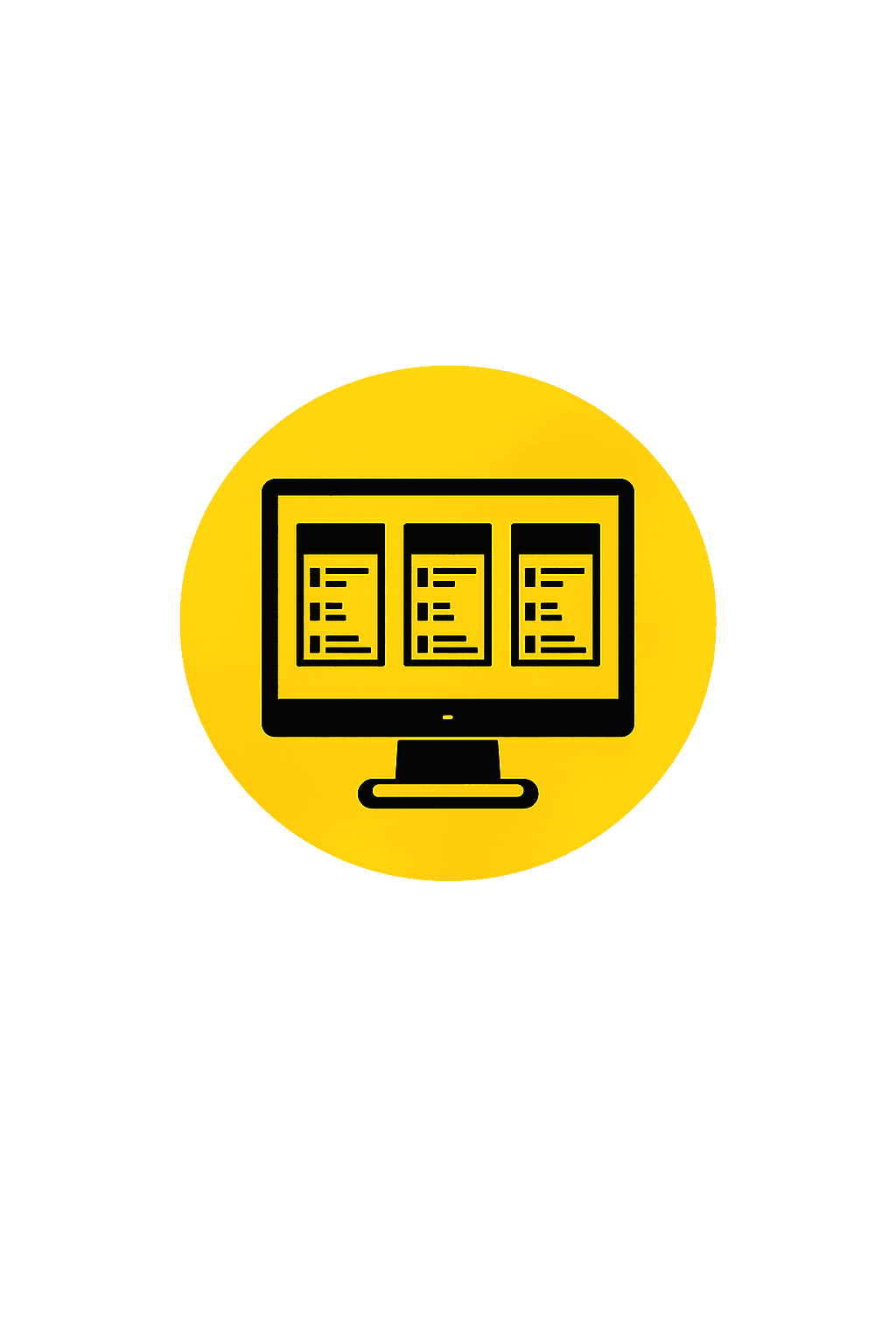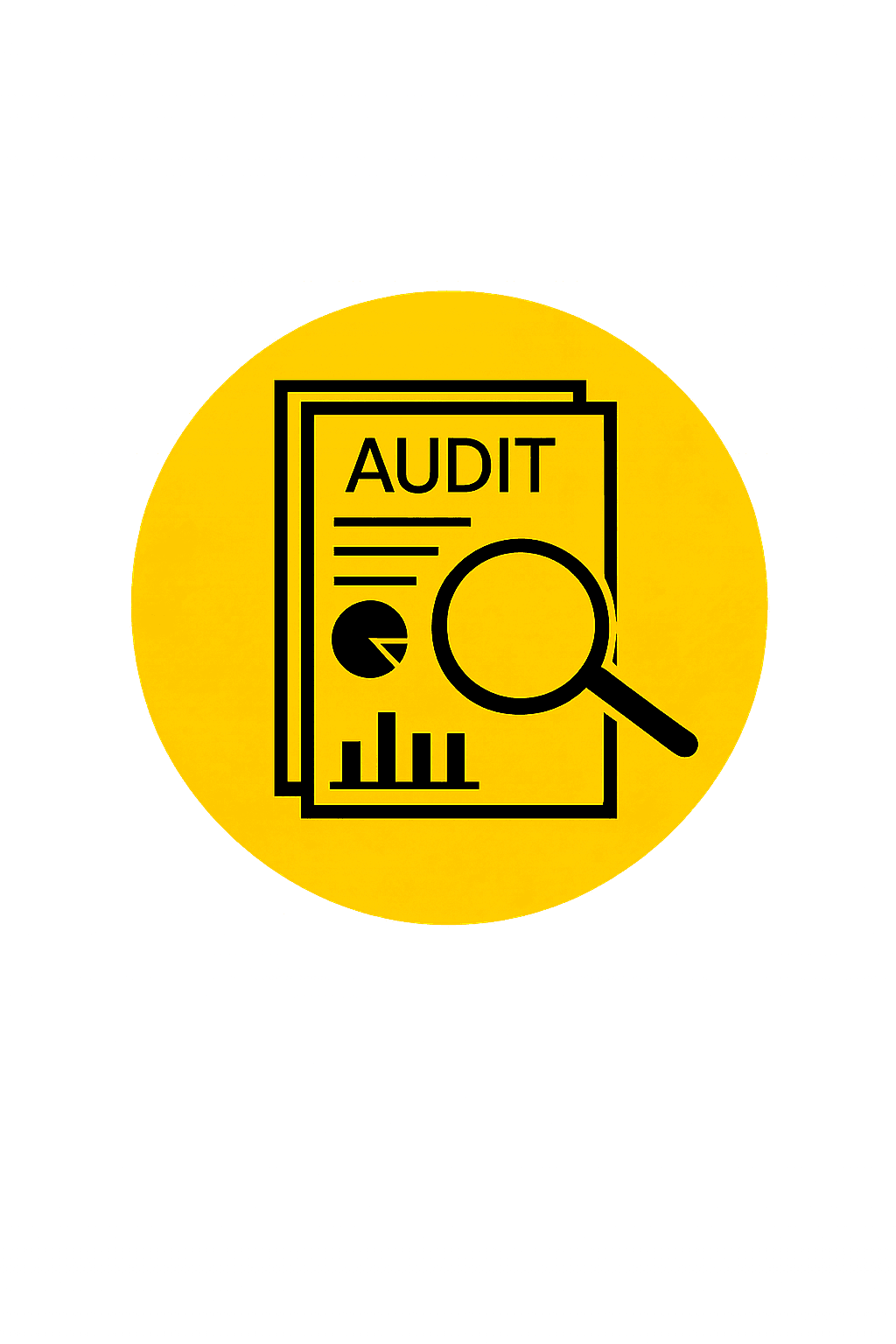Whether you are thinking of moving to the Dubai for work, or you are interested in creating a company or planning to invest there, having a bank account will be necessary.
Having a bank account in Dubai offers numerous advantages for the corporate as well as for individual sectors. It opens up a gate of opportunities and provides and eases your trading or service needs both globally and locally.
As both businesses and individuals require an effective and functional financial instrument to solve any kind of problem for making money transfers, a bank account will be necessary in Dubai.
Beneficial features of a bank account in the UAE
If you open a bank account in Dubai, you can manage your private finances, and do your company’s local as well as global transactions.
Bank Accounts in Dubai
Foreigners can open a bank account in Dubai in either of the two categories – personal or corporate.
Personal bank account for Non-resident in the UAE
If you are a non-resident of the UAE, you can open a personal bank account but with certain restrictions on the choice of banks as well as the characteristics they offer.
Most banks in Dubai allow non-residents to open only savings accounts and not current accounts. Generally, non-residents are given a credit card to withdraw money but they are not qualified to obtain checkbooks. Also, non-residents are subjected to a minimum or maximum balance.
Requirements to open a personal bank account for non-residents
Most banks in Dubai impose a minimum monthly average balance for opening a non-resident personal account in UAE.
Corporate bank account in UAE
If you require a bank account for your Dubai business purposes, you will have to open a company account. You have two primary options to choose from in Dubai:
Both companies are 100% foreign-owned.
The requirement to open a corporate account in UAE
KYC Requirements
All UAE banks are regulated by the UAE Central bank and to meet global standards and requirements, the UAE Central Bank has placed a KYC (Know Your Customer) policy. It is a regular procedure that UAE banks will ask you specific questions and remark on your account transactions before you can open your personal or corporate account.
Whether it’s a personal bank account or a corporate bank account in Dubai, we can help you in opening one. Contact your Damalion expert now to open your UAE bank account.
Opening a UAE bank account from abroad (non-residents) — who qualifies, clear documents (ID, address, tax, source of funds), remote onboarding options, payment flows, sector/country risk, and a practical path from first contact to activation.
For individuals, entrepreneurs, family offices, holding companies, SPVs and international groups • Damalion helps with scoping, file preparation and provider coordination so banks can review efficiently. Acceptance is always the bank’s decision.
Last updated:What helps UAE bank onboarding go faster?
Pick the correct account type (personal or corporate), show source of funds with documents, and describe expected use in simple terms: purpose, amounts, currencies, countries and counterparties. We prepare a clean, consistent file so compliance can complete KYC/AML checks without delays.
Documents most banks in the UAE ask for
- Valid passport and recent proof of address.
- Tax residency and status (TIN; FATCA/CRS where relevant).
- Source of funds proofs: salary, dividends, company sale, capital gains, inheritance — with traceable records.
- For non-residents (personal): passport with UAE entry stamp (if available), application form, bank reference, employer letter or profile of professional activity.
- For companies: trade licence (mainland or free zone), certificate of incorporation, articles/MoA, shareholder register, UBO chart, board/signatory powers, business description and expected transactions.
- Certified translations and attestations/apostilles where a bank requests them.
Account types at a glance
| Topic | Personal (non-resident / resident) | Corporate (mainland / free zone) |
|---|---|---|
| Use | Savings, custody, everyday banking (limits for non-residents) | Operations, suppliers, payroll, client receipts |
| Documents | ID, address, tax status, source of funds, bank/employer letter | As personal + licence, incorporation set, UBO chart, signatory rules |
| Minimums | Often a minimum balance; fees vary by bank | Monthly fees and activity test; minimum balances common |
| Timeline | From a complete file to activation: days to weeks | Varies with sector risk, countries and payment pattern |
| Channels | In-person; some banks support video KYC and couriered signatures | In-person for signatories; some digital onboarding elements possible |
How the process works
- Bank selection. Match purpose, features, fees and minimums to your case; shortlist suitable banks.
- Prepare the file. ID, address, tax status, source of funds; company papers if corporate.
- Explain expected activity. Monthly volumes, currencies, countries, counterparties for the next 12 months.
- Compliance checks. KYC, sanctions, PEP and AML review; answer follow-ups promptly with one clean evidence trail.
- Activation. Account details issued, access set up, test payments completed.
Costs and timelines
- Setup fees, monthly account fees, payment/card fees (vary by bank and account tier).
- Minimum balance rules are common; falling below may trigger fees.
- From complete submission to active account: a few days to a few weeks, depending on profile and bank.
Related reading
Frequently asked questions
1) Can a non-resident open a personal account in the UAE?
2) Is in-person signing always required?
3) Which core documents are checked for individuals?
4) What extra documents do companies need?
5) Will banks ask for attestations or apostilles?
6) How do banks assess tax information?
7) How is source of funds reviewed?
8) Are PEP and sanctions checks applied?
9) Can foreign companies (including free zone entities) open accounts?
10) What are common minimum balance rules?
11) Which currencies are available?
12) Are cards and online banking provided to non-residents?
13) How long does onboarding take?
14) What if documents are not in English or Arabic?
15) Can an account be declined without detailed reasons?
16) What happens if false information is given?
17) Are there sector or country risks that slow onboarding?
18) Can accounts be opened fully remotely?
19) What should companies prepare about transactions?
20) Who should give legal or tax advice?
- Burj Khalifa & At The Top Observation decks with city views; book timed entry.
- Dubai Fountain & Downtown promenade Evening shows by the lake; easy to pair with Dubai Mall.
- Museum of the Future Immersive exhibits in a landmark building.
- Old Dubai & Al Fahidi Quarter Heritage houses, museums, and abra rides across the Creek.
- Dubai Frame Sky bridge with views over old and new Dubai.
- The Palm Jumeirah Boardwalk views and dining along the crescent.
- Jumeirah beach & coastal walk Relaxed shoreline, cafés, and jogging paths.
- Dubai Marina & Bluewaters Waterfront strolls, dining, and skyscraper views.
- Desert experience Dunes, nature reserves, sunrise/sunset viewpoints.
- Miracle Garden (seasonal) Outdoor floral displays during cooler months.
10 best hotels in Dubai
- Burj Al Arab Jumeirah Suite-only icon with private beach and dedicated butler service.
- Atlantis The Royal Next-gen luxury on The Palm with signature dining and sky pools.
- Atlantis, The Palm Resort with Aquaventure access, family facilities, and marine attractions.
- Armani Hotel Dubai Design-led hotel inside Burj Khalifa, direct access to Downtown.
- Bulgari Resort Dubai Exclusive island retreat with private beach and marina.
- Four Seasons Resort Dubai at Jumeirah Beach Beachfront luxury, acclaimed dining, and serene spa.
- Mandarin Oriental Jumeira, Dubai Contemporary beachfront stay with refined rooms and suites.
- Jumeirah Al Naseem Modern beachfront hotel within the Madinat Jumeirah complex.
- Address Downtown Skyline views steps from Dubai Mall and the Fountain.
- Raffles The Palm Dubai Palatial resort on The Palm’s West Crescent with spacious suites.





























